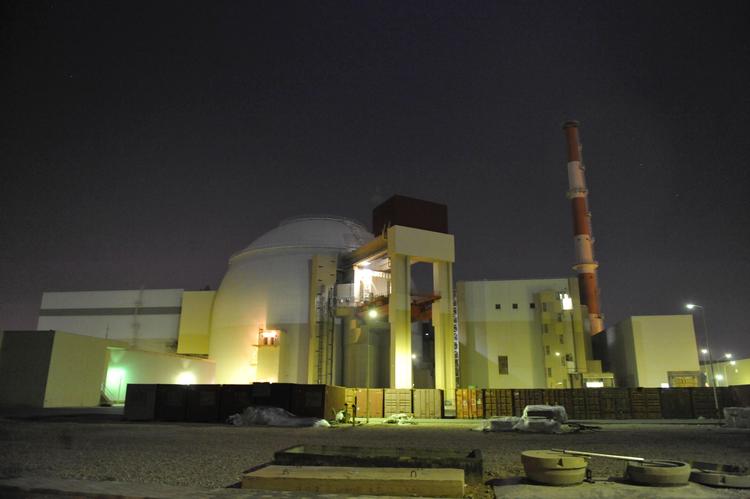Only a religious maniac would simultaneously call for the destruction of Israel while building a nuclear program, but this is the case with Iranian President Mahmoud Ahmadinejad.
The consequences of a nuclear Iran however would not only threaten the existence of our Jewish allies, but subjugate the rest of the Middle East to the volition of an atomic bully. Any effort to establish a stable, pro-American government in Iraq or Afghanistan would be confronted by a nuclear enemy, as would any Israeli retaliation against the terrorist organizations Hezbollah and Hamas.
While sanctions continue to be pushed by the Obama administration, it is not likely that they will force Iran to stop its nuclear program.
The problem with sanctions against Iran is that it requires unanimity from the international community in order to be effective. Russia and China both have geopolitical and economic interests in Iran, and therefore will not support sanctions that do not accommodate their national interests.
According to a Washington Times article entitled “U.N. Approves New Sanctions Against Iran,” the most recent sanctions were praised by the Obama administration as the “toughest sanctions ever faced by the Iranian government.” However, the sanctions were described by David Kay, former International Atomic Energy Agency chief nuclear weapons inspector, as “a victory for the Iranians” that “by and large will cause them very little pain.”
The Obama administration’s euphemized response &- all options on the table8212;is neither intimidating to Iranians nor comforting to Israelis. When Israel says it can and will attack Iran if America does not, nobody calls their bluff. Generous though the Israelis are to do this, anyone opposed to a nuclear-armed, theocratic regime in Iran should prefer an American attack lest the Israeli forces are not as capable of conducting such a tactical mission. The United States would then take credit for the attack.
Though it may surprise some, many Arab states including the United Arab Emirates fear a nuclear Iran and support a military strike on Iran’s nuclear facilities, according to a recent article in the Atlantic magazine.
The consequences of military action in Iran, whether Israeli or American, would be severe.
As is the case with so many Middle Eastern governments, Iran controls strategically important locations like the Strait of Hormuz, which sees approximately 17 million barrels of oil pass through daily, according to the Energy Information Administration’s website. Iran’s first response if attacked would most likely be shutting down this relatively small waterway.
However, the most unsettling prospect of an attack is the fear that such an attack would only delay Iran from obtaining a nuclear device.
In an article published in the Atlantic entitled “The Point of No Return,” journalist Jeffrey Goldberg points out that in 1981, when Israel bombed the Iraqi nuclear reactor in Osirak, Prime Minister Menachem Begin was advised that an attack would only set back the Iraqis one year but authorized it anyway. Israel understood that a nuclear threat in the Middle East posed a greater challenge to their security in the long-run than any response made in retaliation to such an attack.
President Obama does not want to start another war in the Middle East, but leaving a legacy as the president who allowed Iran to develop nuclear weapons would be much worse. Unlike the last time America launched an expedition in the Middle East, providing proof of weapons of mass destruction in Iran will not be difficult. Unfortunately, this is the problem.
Andrew Mabry is a senior political science major from Southlake.

